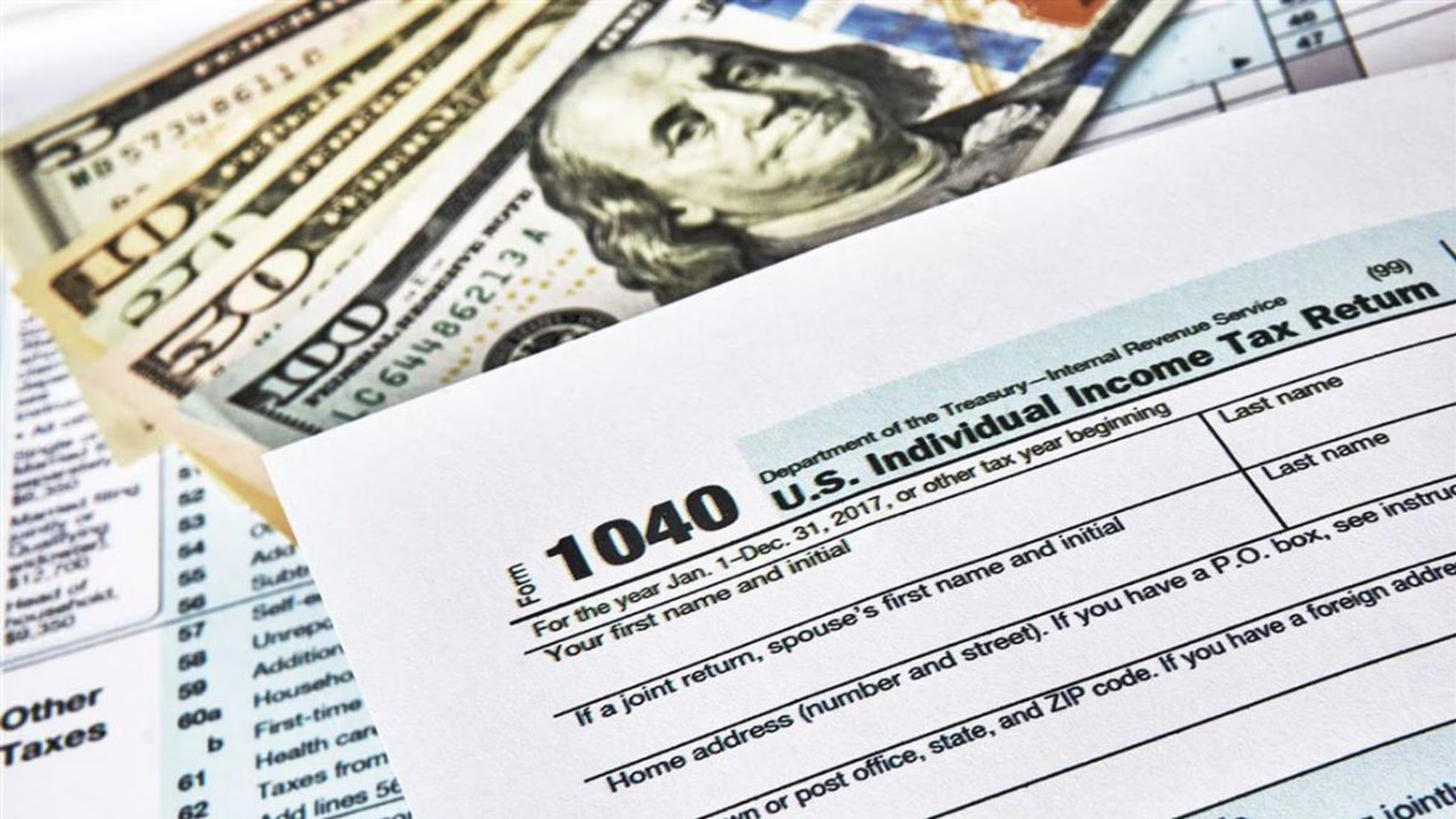
Tax season can be a time of anticipation and excitement, especially when you’re expecting a refund from the IRS. Understanding when the IRS makes deposits for tax refunds can help you plan better and manage your finances efficiently. Here’s a breakdown of what you need to know about IRS deposit schedules.
When does the IRS update the Where’s My Refund? Tools?
Weekly Accounts Update on Saturday Mornings
The IRS primarily updates its systems with new tax refund information on Saturday mornings. If you’ve been anxiously awaiting news about your refund, checking on a Saturday is a good idea. This update will provide you with the latest information on the status of your refund.
Direct Deposits vs. Paper Checks
The day you receive your deposit date will determine how you receive your refund. Here’s how it works:
- Wednesday Deposits: If the IRS provides you with a Wednesday deposit date, you can expect to receive your money via direct deposit. This method is generally faster and more convenient, as the funds will be transferred directly into your bank account. Depending on your bank or financial institution, you might even see the deposit a few days earlier than the scheduled date.
- Friday Deposits: If you receive a deposit date for a Friday, the IRS will mail you a paper check. Although this method takes a bit longer due to postal delivery times, you should receive your check by the date listed on the IRS tools.
When does the IRS update the Where’s My Amended Refund? Tools?
Amended Tax Returns tools post updates on Friday Mornings
Amended tax returns follow a slightly different update schedule. The IRS updates the status of amended refunds on Friday mornings.
- Wednesday Deposits for Amended Returns: Similar to regular refunds, if you receive a Wednesday date for your amended refund, expect a direct deposit. Your refund will be transferred directly to your bank account, potentially arriving a few days earlier based on your bank’s processing times.
- Friday Deposits for Amended Returns: If the date provided is a Friday, the IRS will send a paper check. It should arrive by the date specified in the IRS tools, though, as with regular refunds, postal delays can occur.
Impact of Holidays on Refund Deposits
It’s important to note that federal holidays can affect the IRS deposit schedule. During weeks with a holiday, the IRS may move deposit dates back a few days. This adjustment ensures that refunds are processed efficiently without being delayed significantly by the holiday. The calendar typically resumes its normal schedule the following week.
Planning Your Finances
Understanding this schedule can help you manage your finances more effectively. Here are a few tips:
- Check Regularly: Use the IRS “Where’s My Refund?” and “Where’s My Amended Refund?” tools to stay updated on the status of your refund.
- Plan Ahead: Knowing the deposit schedule can help you plan for when your refund will arrive, allowing you to manage your finances better.
- Be Patient: While it’s exciting to receive your refund, remember that factors like holidays and postal delays can affect the timing.
By staying informed about the IRS refund schedule, you can avoid unnecessary stress and plan your finances with confidence. Whether you’re expecting a direct deposit or a paper check, knowing when to expect your money can make a significant difference in managing your budget effectively.

